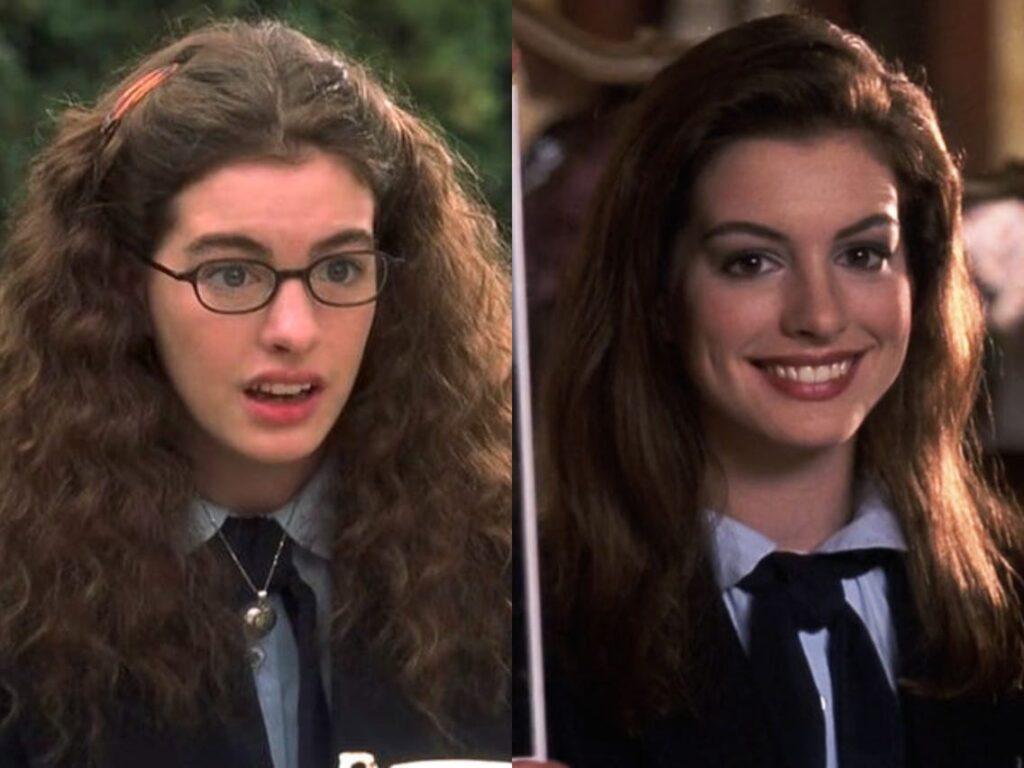When thinking of the classic movie — “The Princess Diaries” — most will immediately think of Anne Hathaway’s iconic transformation from an unpopular girl with glasses and bushy hair into a princess wearing contacts.
Although flying over most people’s heads, these classic 2000s Disney scenes, more often than not, include the removal of glasses, unintentionally teaching young children that wearing glasses is objectively ugly.
While this message isn’t limited to Disney films, the implications of enforcing the no-glasses beauty standard follows younger kids, especially girls, into their teenage years.
For example, right now, these transformation scenes have mirrored themselves onto TikTok with a new trend where girls wear a pair of unstylish glasses and part their hair to the side in order to appear as ugly as possible, before transitioning into society’s definition of a perfect girl, wearing (surprise!) no glasses.
These seemingly harmless scenes and trends are, in reality, unconsciously problematic to young children who aren’t old enough to break out of society’s norms and, instead, try to fit into its conventional standards.
I myself went through five years of refusing to wear my glasses because I believed they took away from my image. I experienced chronic headaches before finally accepting I needed glasses, although I continued to avoid this inevitable fate by wearing contacts for another five years. Finally, this year, as I felt myself maturing and becoming more comfortable with myself, I realized wearing glasses wasn’t actually a fault at all.
These movie moments are wielded as a damaging tool to mold young girls into one picture-perfect person, which shouldn’t be celebrated or made a trend. Unrealistic beauty standards that are based on everyone having 20/20 vision need to stop being perpetuated into the media.
It should be taught that the decision of glasses or no glasses don’t affect one’s beauty; it’s most important that girls feel comfortable in their own skin since beauty standards are constantly evolving anyway as a result of a mix of fashion and zeitgeist. The 2000s glasses-make-you-ugly moments aren’t as popular now when celebrities have begun to wear non-prescription glasses as a fashion statement, similar to the '40s or '50s models weighing 20 or 30 pounds more than the thin models being deemed beautiful now. Reshaping beauty standards begins with regular people ignoring and shielding young children from these one-dimensional standards, allowing for more diverse and inclusive standards of beauty.



























